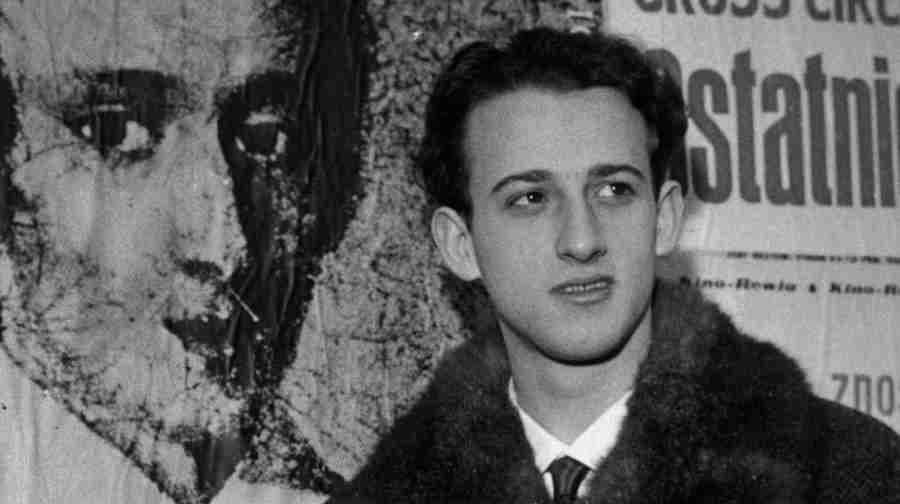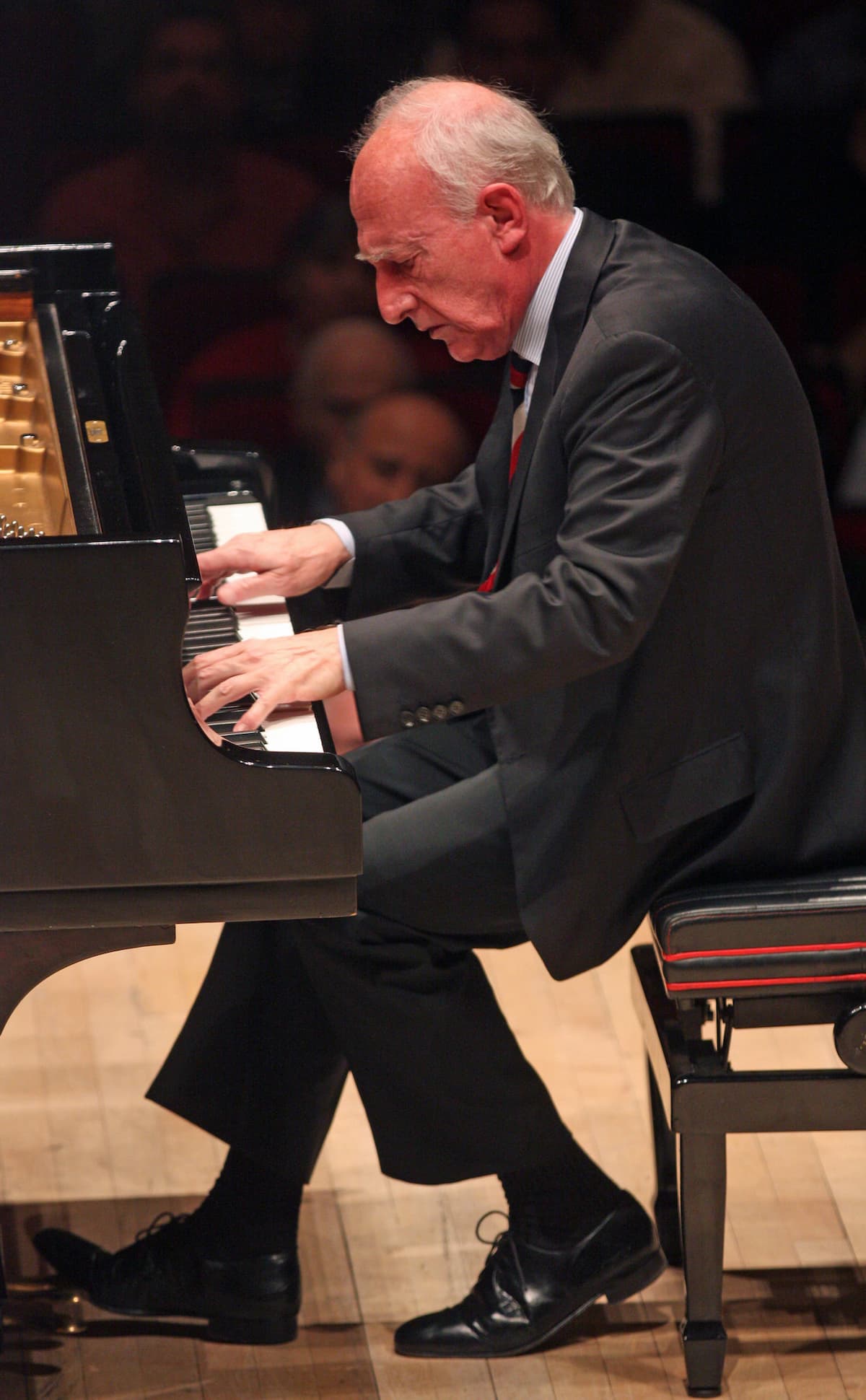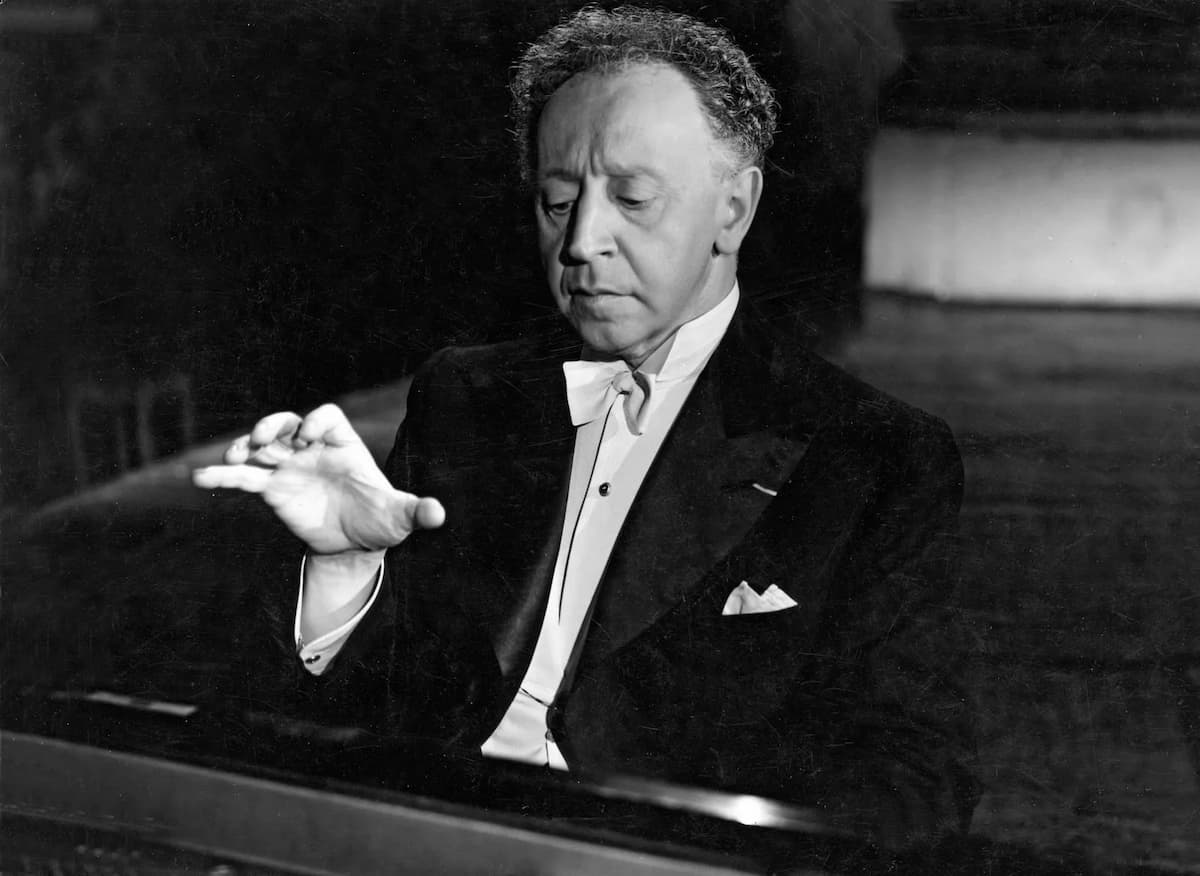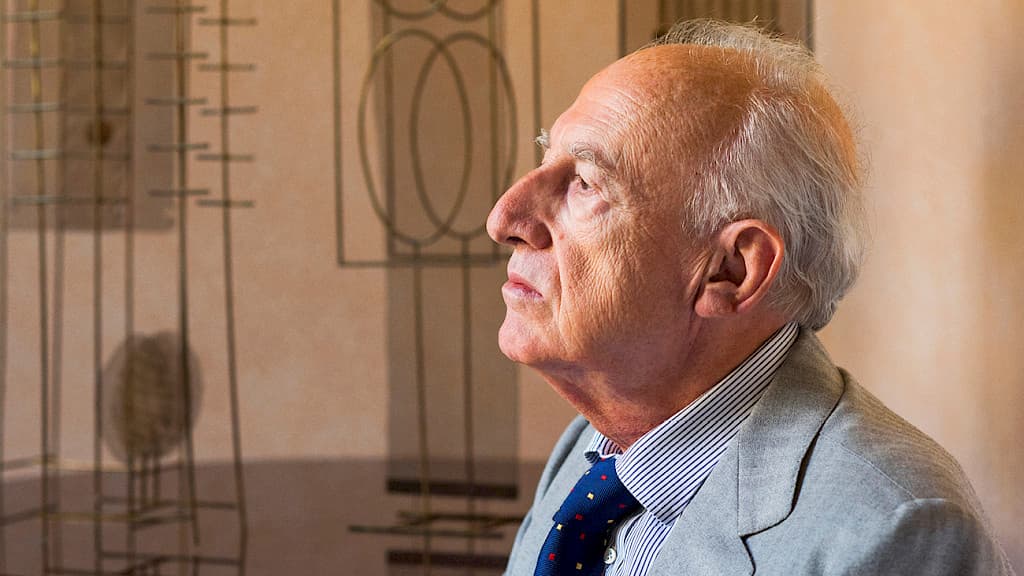The literary critic and cultural commentator Edward Said observed that “such complete satisfaction as offered by Maurizio Pollini’s consummately undemonstrative but unpretentious performances is very rarely found.” Pollini was able to conjure an infinite variety of tonal shades and inflections from the keyboard, all while completely discarding the entertainment aspects of his recitals.

Maurizio Pollini at the Warsaw Chopin Competition
In 1960, Pollini won the International Chopin Competition in Warsaw at the age of 18. The youngest of the 89 entrants, judges included Nadia Boulanger and chair Artur Rubinstein, who declared, “that boy plays better than any of us jurors.”
Maurizio Pollini: VI Chopin Piano Competition 1960
A Home of Art and Artists
Maurizio was born on 5 January 1942 in Milan to the Italian rationalist architect Gino Pollini, one of the first people in Italy to introduce modern architecture in the 1930s. Gino was a keen amateur musician, and Maurizio’s mother Renata Melotti, sister of the Italian modernist sculptor Fausto Melotti, had trained as a pianist and singer.

Maurizio Pollini
“I grew up in a house,” Pollini recalled, “with art and artists. Old works and modern works co-existed together as part of life. It went without saying.” His musical talents were recognised early on, and he was sent to his first piano lessons at the age of six. He counts himself lucky to have grown up in Milan, where it was possible to hear and learn from all the greatest artists.
Maurizio Pollini Plays Beethoven’s Piano Sonata No. 32 in C minor, Op. 111
Advice From Artur Rubinstein
Maurizio Pollini initially studied with Carlo Lonati until the age of 13 and then with Carlo Vidusso until the age of 18. Pollini considered his teachers “very helpful,” but he always recalled the advice he got from Rubinstein, who suggested that some of the best instruction comes from listening to one’s own recordings. Pollini has great memories of Rubinstein playing Chopin “because he was an example of how Chopin should be played.”

Artur Rubinstein
“I always referred to Rubinstein as an ideal,” Pollini once explained, “as I learned by listening to him, not through conversation. I remember only, if there was a lesson he was meant to give me in one minute, him putting his finger on my shoulder during the competition as I played, saying, ‘I play only with the weight of the arm, yet I am never tired.’ The finger was so heavy! It was a very short lesson about how to play the piano.”
Maurizio Pollini Plays Schumann’s Grand Concerto without Orchestra, Op. 14 (excerpt)
First Recitals and Competitions
By age 15, Maurizio Pollini appeared on stage in Milan performing the Chopin Etudes, and his recital was well reviewed in the Italian press. Despite his emerging pianistic career, he continued his normal school studies alongside music. “I was interested in many things, and it wasn’t until I was relatively old that I worked purely on the piano.”
Although Pollini was highly dedicated to his musical studies, he “wasn’t really thinking that much about his future. Of course, in hindsight, there was never any other life that I realistically could have taken.” In 1957, he secured second prize in the 1957 Geneva International Competition, and he graduated from the Milan Conservatory in 1959. In the same year, he won the Ettore Pozzoli Competition and went on to Chopin glory in 1960.
Maurizio Pollini Plays Chopin’s Nocturne in D Flat, Op. 27, No. 2
After Warsaw
Pollini acknowledged that winning the Chopin competition “should have been a path to play concert after concert after concert. However,” as he explained in an interview, “It’s true that I wasn’t willing to become a Chopin specialist, but the idea that I was a recluse really has been overstated. I was very young and thought I needed more time to develop my musical interests and a bigger repertoire. I wanted to explore other arts and other things.”

Maurizio Pollini © Cosimo Filippini
The explorations of other things turned into a mission to make the music written today accessible and known by a larger audience. He started to add pieces by Schoenberg, Boulez, Stockhausen, and Nono to his repertory and became a champion of contemporary music. “It is obvious that the geniuses of the past are popular and appreciated,… but I think there should be appraisals of the music of today. It is fantastic that so many composers worldwide write with avant-garde tendencies, yet with so few chances of performance or success.”
For more of the best in classical music, sign up for our E-Newsletter

All my respect to this beautiful
pianist!